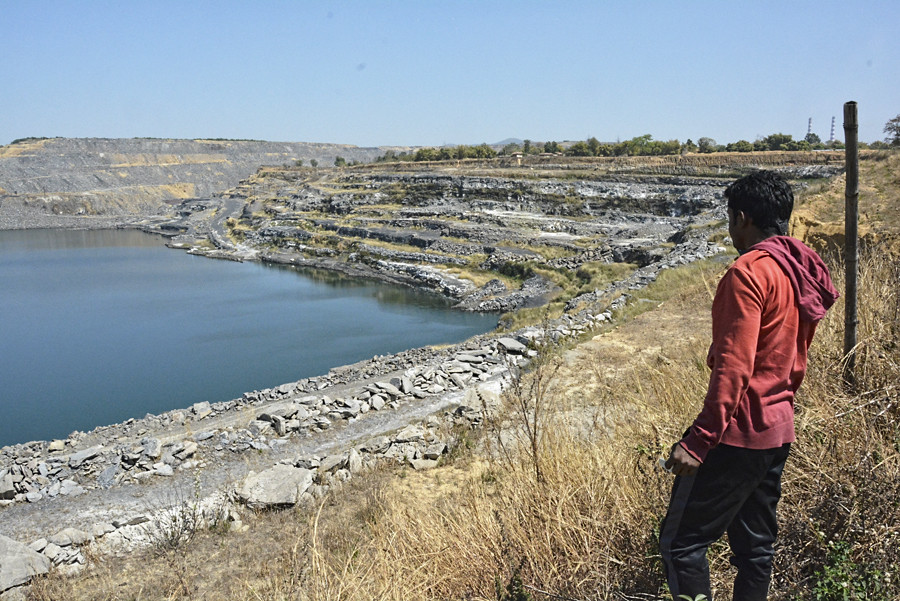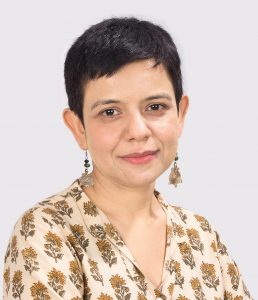
Webinar: Economic Uncertainties and A Just Transition for India’s Coal Mining Sector
Webinar: Economic Uncertainties and A Just Transition for India’s Coal Mining Sector
Speakers: Setu Pelz, Srestha Banerjee
The economic uncertainty brought about by the COVID-19 pandemic is raising questions about the outlook for thermal power generation and coal mining sectors in the coming decade and beyond. India’s coal belt states (Chhattisgarh, Jharkhand, Odisha, and to a lesser extent West Bengal and Madhya Pradesh) are characterised by limited progress in economic diversification and a large population dependent on coal mining directly or indirectly for their livelihoods. With an uncertain outlook for coal and the need to stimulate the Indian economy without accumulating unsustainable public debt, new ideas are necessary. Although coal mining will play an important role in India for many years to come, the sector’s growth prospects are limited and planning for a just transition should start as early as possible. Policy intervention must look to the future and focus on strengthening community resilience to economic shock through expanding access to alternative, sustainable livelihoods. Drawing on our recent research into a just-transition for India’s coal belt states, this webinar will discuss 1) uncertainties in the coal mining sector following the COVID-19 pandemic; and 2) recommendations to support coal belt states in achieving a just transition to a post-coal economy.
To attend the Webinar, register here.
Keynote Speakers:

Setu Pelz is a PhD candidate at the Reiner Lemoine Institute in Berlin. His PhD research project focuses on inclusive energy access planning, exploring tools for data collection, analysis and modeling to support multidimensional energy poverty assessment, energy access planning, and policy development. This work relies solely on open-source software and tools such as OpenDataKit, OpenStreetMap and QGIS among others, and uses R and Python for data analysis, modeling and visualization. He is interested in energy access measurement, modeling and planning in developing economies. He is also a student fellow with the Initiative for Sustainable Energy Policy (ISEP). (@setupel)

Srestha Banerjee has been working on environment and public policy issues over ten years. She is currently leading natural resource management and climate justice initiatives at the International Forum for Environment, Sustainability and Technology (iFOREST), a New Delhi based environmental research and advocacy organization. She has earlier worked with both Indian and US-based environmental think tanks, and holds a PhD in Environmental and Energy Policy from the University of Delaware.
One of the core areas of her research and engagement involves environmental justice and ensuring community rights. Over the last five years she has been working specifically on these aspects in India’s mining areas, which particularly includes the states of Jharkhand, Chhattisgarh and Odisha. Working between a range of stakeholders- from mining affected communities to policy makers, she has been working for implementing a benefit sharing mechanism for mineral resources. Currently she is also working on Just Transition, through a cross-cutting approach between Climate Justice and Natural Resource Management. Jharkhand’s coal mining areas remains a focus o f the groundwork.
- 00
Days
- :
- 00
Hours
- :
- 00
Minutes
- :
- 00
Seconds
